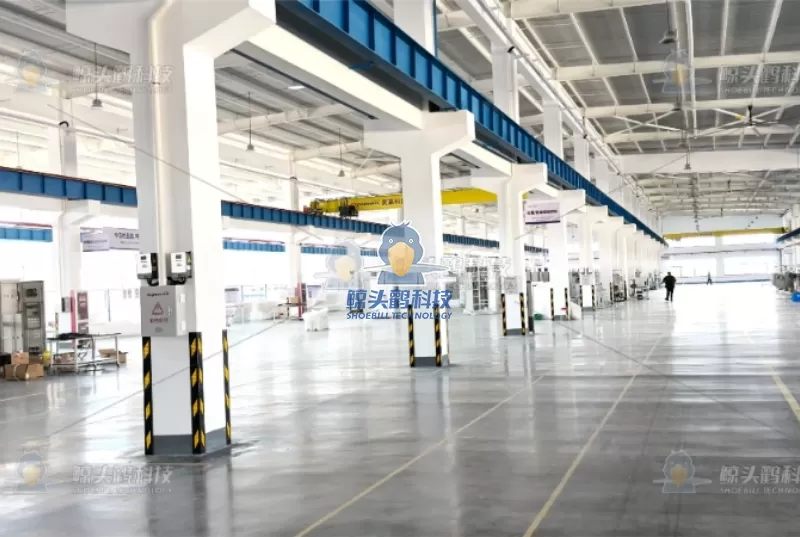In an era of rapid technological advancements and growing concerns about the environmental impact of air travel, the search for alternative modes of transportation has gained significant momentum. This blog post delves into the future alternatives to planes, exploring innovative concepts that have the potential to revolutionize the way we travel.
- Hyperloop: Redefining Speed and Efficiency
The Hyperloop, a concept proposed by Elon Musk, is a high-speed transportation system that uses low-pressure tubes to transport pods at incredible speeds. By eliminating air resistance and friction, the Hyperloop could potentially reach speeds of up to 700 mph, significantly reducing travel time between cities. This futuristic mode of transportation holds promise for both passenger and cargo transport, offering a sustainable and efficient alternative to planes. - Electric Vertical Takeoff and Landing (eVTOL) Aircraft: Urban Air Mobility
eVTOL aircraft, commonly known as flying taxis, are electric-powered vehicles capable of vertical takeoff and landing. These aircraft combine the convenience of helicopters with the efficiency of electric propulsion, enabling short-distance urban air travel. With advancements in battery technology and autonomous flight systems, eVTOL aircraft could alleviate congestion on roads and provide a faster, more sustainable alternative to short-haul flights. - Maglev Trains: Speed and Sustainability
Magnetic levitation (maglev) trains utilize powerful magnets to suspend and propel trains above tracks, eliminating friction and allowing for incredibly high speeds. With speeds surpassing 300 mph, maglev trains offer a viable alternative to domestic air travel, particularly for distances within a few hundred miles. These trains are not only faster but also more environmentally friendly, as they produce zero direct emissions and consume less energy compared to planes. - Suborbital Space Tourism: Beyond Earth's Boundaries
While still in its infancy, suborbital space tourism holds immense potential for the future of travel. Companies like Virgin Galactic and Blue Origin are developing spacecraft that will allow civilians to experience a few minutes of weightlessness and witness the Earth from the edge of space. Although currently limited to the wealthy few, advancements in technology and economies of scale may make suborbital space tourism more accessible in the future, offering a truly unique and awe-inspiring alternative to traditional air travel.
Conclusion:
As we look towards the future, it is evident that the alternatives to planes are not only becoming more feasible but also more exciting. From the Hyperloop's supersonic speeds to eVTOL aircraft revolutionizing urban air mobility, and maglev trains offering sustainable long-distance travel, the possibilities are endless. Additionally, the emergence of suborbital space tourism promises to take travel to new heights, quite literally. While these alternatives may not completely replace planes, they offer a glimpse into a future where travel is faster, more sustainable, and filled with extraordinary experiences. So, fasten your seatbelts, as the future of travel is set to be an exhilarating journey beyond our wildest imaginations.



More Stories
What Makes the Electric Farm ATV Vehicle a Serious Tool for Off-Road Terrain?
Door to Door International Container Shipping as Foundation for Predictable Global Trade
Discover the Advantages of TOPSTAR Electric Bikes for Commuting: Reviews Inside!